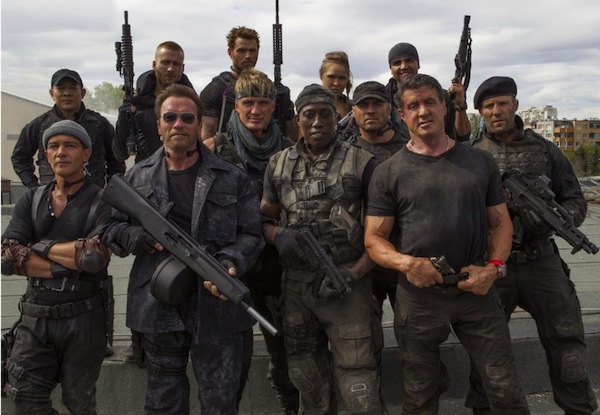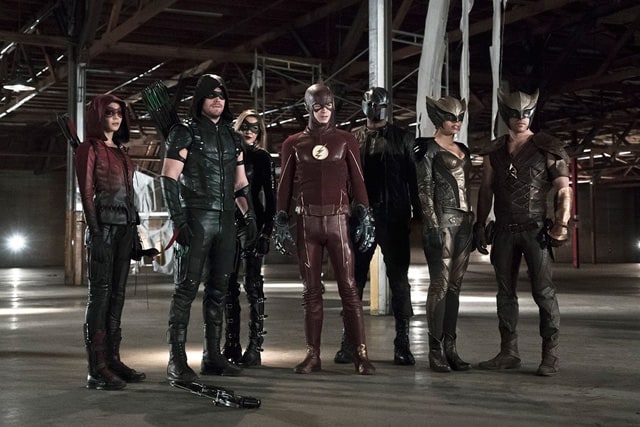Salt White
Written and directed by Ketevan Machavariani
2011, Georgia
Salt White is a moody, bleak first feature by Georgian director Ketevan Machavariani. Set in a post-communist Georgian Black Sea resort, Salt White is at first glance an unpretentious chronicling of the daily lives of an assortment of underdog characters – proud but impecunious waitress Nana, her jaded, brutish policeman of a suitor Niko, and a gang of street children of varying ages. Yet the film has a surreal charisma served by a breathtakingly atmospheric cinematography: the metallic surface of the sea, the craggy hyper-real, pebbly texture of the forlorn beach, the brooding long takes convey a hermetic, hopeless desolation that somehow manages to insinuate itself into the viewer’s sympathy.
Policeman
Written and directed by Nadav Lapid
2011, Israel
Policeman, a rather atypical Israeli offering dealing with home-grown extreme-left terrorism, is a refreshingly unpredictable triptychal thriller opening with a hyper-intimate quasi-voyeuristic sequence of the policeman in question, Yaron, massaging his heavily pregnant wife’s thighs, the unease of which lingers virtually throughout. This is followed by scene after scene of unsettling glimpses into the uber-macho culture of a counter-terrorist police unit collectively accused of unlawfully killing a suspect and a civilian minor. Enter a foursome of callow, ridiculously good-looking but delusional twenty-something radicals bent on igniting an ideologically-muddled, poetry-imbued revolution intended to redistribute the riches of the few super-rich Israeli tycoons to the masses of poor citizens. Of course, the revolutionary plot which hinges on crashing a billionaire’s daughter’s wedding and demanding ransom and social revolution is as naïve as it is doomed, but its endgame turns out to be uncannily topical, the film’s release coinciding as it did with the summer of social protest which engulfed Israel in the summer of 2011.
Here Without Me
Written and directed by Bahram Tavakoli
From the play by Tennessee Williams
2011, Iran
Bahram Tavakoli’s third film is a present-day Tehran-set adaptation of Tennessee Williams’ play The Glass Menagerie, which understandably feels both dated and modern. The dysfunctional family dynamics – an overbearing mother trying desperately to marry off her crippled, pathologically shy daughter while working overtime in a canning factory barely making ends meet, and her rebellious artistically-inclined son – are anything but cheerful. Yet the melodramatic vehemence of the verbal duels between mother and so, and the histrionic performances carry a striking veracity that anybody who’s ever had a love-hate relationship with a mother only ‘trying to do what’s best’ for her children would recognise themselves in.
Zornista Staneva






